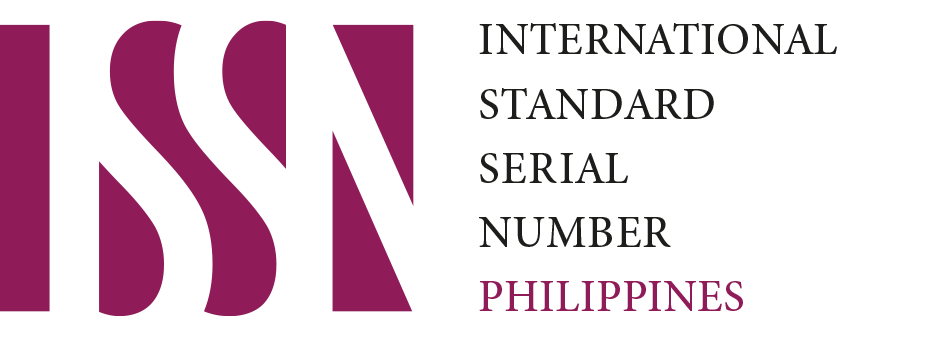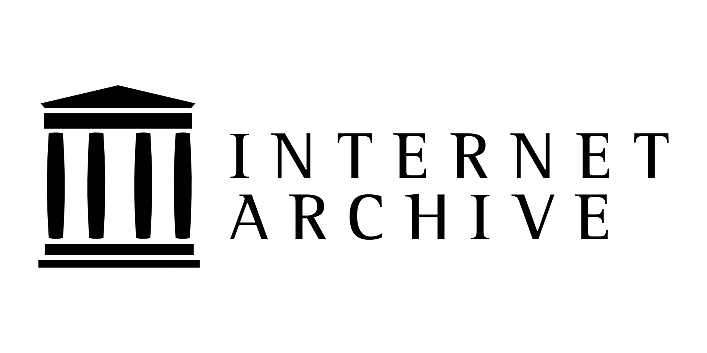College Instructors’ Assessment Literacy, Technological, Pedagogical and Content Knowledge (TPACK): Predictors of Students’ Academic Performance and Engagement
Keywords:
Assessment literacy, student engagement, technological, pedagogical and content knowledgeAbstract
In an ever-changing landscape of dynamic teaching techniques and rapidly advancing technology, college educators stand as architects of knowledge, shaping tomorrow's leaders through innovative approaches that transcend traditional teaching paradigms. This study addressed the pressing need to harmonize assessment literacy with technological, pedagogical, and content knowledge (TPACK) to foster student engagement and academic success. The study employed a correlational design, a quantitative research method, conducted across multiple colleges within a private higher education institution located in Cagayan de Oro City during the second semester of the 2023-2024 academic year. The sample size, determined using Andrew Fisher’s formula, consisted of 134 students representing various academic disciplines. Descriptive statistics such as mean, standard deviation, frequency, and percentage to determine college educators’ assessment literacy and Technological, Pedagogical, and Content Knowledge (TPACK) and Inferential statistics such as multiple regression were used to determine which variable predicts students’ performance and engagement. The study's findings revealed that instructors have moderate assessment literacy and excel in teaching, particularly in technological and pedagogical knowledge. However, students expressed lower confidence in their instructors' content knowledge. Despite this, students demonstrated high academic performance, with many excelling and showing strong emotional engagement in their educational activities. The research underscored the critical role of instructors' technological knowledge in boosting student academic achievement, highlighting the imperative for technological proficiency in the educational sector. Students demonstrated substantial emotional investment in their learning activities, reflecting consistently high engagement levels. Furthermore, the study found that while assessment literacy, technological expertise, and pedagogical knowledge positively influence student engagement, content knowledge surprisingly detracts from it. The conclusion asserts that enhancing technological proficiency among instructors is essential for improving student performance and engagement, encouraging educators to prioritize this aspect to achieve superior educational outcomes.
Downloads
References
Adams, J. V. (2018). Exploring Socratic methodology for developing literacy in higher Christian theological education (Doctoral dissertation, Northcentral University).
Barlow, A., Brown, S., Lutz, B., Pitterson, N., Hunsu, N., & Adesope, O. (2020b). Development of the student course cognitive engagement instrument (SCCEI) for college engineering courses. International Journal of STEM Education, 7(1). https://doi.org/10.1186/s40594-020-00220-9
University of Tasmania. (2021, May 10). Constructive alignment. Teaching & Learning - University of Tasmania, Australia. https://www.teaching-learning.utas.edu.au/unit-design/constructive-alignment
Cabrejas, M. M., & Mendoza, R. O. (2023). College Students’ Engagement and Self-Regulated Learning Strategies: Its influence to the academic performance in the flexible Learning Modality. British Journal of Multidisciplinary and Advanced Studies, 4(3), 73–84. https://doi.org/10.37745/bjmas.2022.0193
Connor, M. C., & Shultz, G. V. (2018). Teaching assistants’ topic-specific pedagogical content knowledge in 1H NMR spectroscopy. Chemistry Education Research and Practice, 19(3), 653–669. https://doi.org/10.1039/c7rp00204a
Delfino, A. P. (2019). Student Engagement and Academic Performance of Students of Partido State University. Asian Journal of University Education, 15(3), 42–55. https://doi.org/10.24191/ajue.v15i3.05
Center for Assessment. (2018, May 18). Building a Conceptual Framework for Assessment Literacy | Center for Assessment. https://www.nciea.org/library/building-a-conceptual-framework-for-assessment-literacy/
Haleem, A., Javaid, M., Qadri, M. A., & Suman, R. (2022). Understanding the role of digital technologies in education: A review. Sustainable Operations and Computers, 3, 275–285. https://doi.org/10.1016/j.susoc.2022.05.004
Hamilton, L. S., Halverson, R., Jackson, S. S., Mandinach, E., Supovitz, J. A., & Wayman, J. C. (2009). Using Student Achievement Data to Support Instructional Decision Making. The Institute of Education Sciences (IES). http://files.eric.ed.gov/fulltext/ED506645.pdf
Hollister, B., Nair, P., Hill-Lindsay, S., & Chukoskie, L. (2022). Engagement in Online Learning: Student attitudes and behavior during COVID-19. Frontiers in Education, 7. https://doi.org/10.3389/feduc.2022.851019
Innovare. (2024, May 2). How to communicate student data findings to key stakeholders. Innovare | Social InnovationPartners. https://innovaresip.com/resources/blog/communicate-student-data-educational-stakeholders/
Johnson, A., & Collins, H. (2021). Pedagogical Innovations in the Digital Age: A Review of Teaching Strategies for Inclusive Education. Journal of Education and Learning, 15(3), 45-59.
Koehler, M. J., & Mishra, P. (2009). What Is Technological Pedagogical Content Knowledge? – CITE Journal. CITE Journal. https://citejournal.org/volume-9/issue-1-09/general/what-is-technological-pedagogicalcontent-knowledge/
Kuloğlu, A., & Tutuş, F. (2022). Curriculum Literacy Levels of English Teachers: A Mixed Method research. International Journal of Progressive Education, 18(4), 191–208. https://doi.org/10.29329/ijpe.2022.459.14
Kurt, S. (2019b, September 16). TPACK: Technological Pedagogical Content Knowledge Framework - Educational Technology. Educational Technology. https://educationaltechnology.net/technological-pedagogical-content-knowledge-tpack-framework/
Nilson, L. B., & nilerman, B. J. (2013). Creating self-regulated learners: Strategies to strengthen students’ self-awareness and learning skills. Routledge.
Schmidt, D. A., Baran, E., Thompson, A. D., Mishra, P., Koehler, M. J., & Shin, T. S. (2009). Technological Pedagogical Content Knowledge (TPACK). Journal of Research on Technology in Education, 42(2), 123–149. https://doi.org/10.1080/15391523.2009.10782544
Warren, J. M., & Robinson, G. G. (2018). A Consensual inquiry of teachers’ responses to classroom situations: Implications for school counselors. Journal of Educational Research and Practice, 8(1). https://doi.org/10.5590/jerap.2018.08.1.01
Smith, C., & Becker, S. (2021, December 1). Using communities of practice to facilitate technology integration among K-12 educators: A Qualitative Meta-Synthesis. Learning & Technology Library (LearnTechLib). https://www.learntechlib.org/primary/p/219900/
Smith, J., & Doe, L. (2022). Digital Literacy and Technological Knowledge in the Classroom: Preparing for the Future of Education. TechTrends, 22(2), 112-126.
Thompson, R., & Lee, M. (2019). The Changing Face of Content Knowledge: A Contemporary Focus on Teaching and Learning. Educational Review, 71(4), 483-504.
Tran, M. S., & Nguyen, M. T. (2023). The trend of using smart teaching devices in education in Vietnam. gphjournal.org. https://doi.org/10.5281/zenodo.10033410
Tseng, J., Chai, C. S., Tan, L., & Park, M. (2020). A critical review of research on technological pedagogical and content knowledge (TPACK) in language teaching. Computer Assisted Language Learning, 35(4), 948–971. https://doi.org/10.1080/09588221.2020.1868531
Yale. (2021, June 30). Formative and summative assessments. Poorvu Center for Teaching and Learning. https://poorvucenter.yale.edu/Formative-Summative-Assessments
Downloads
Published
Issue
Section
License
Copyright (c) 2024 Balangkas: An International Multidisciplinary Research Journal

This work is licensed under a Creative Commons Attribution-NonCommercial 4.0 International License.
Authors retain copyright to their work. However, by submitting to Balangkas, authors grant the journal the right to publish their article under the Creative Commons Attribution–NonCommercial 4.0 International License (CC BY-NC 4.0).









